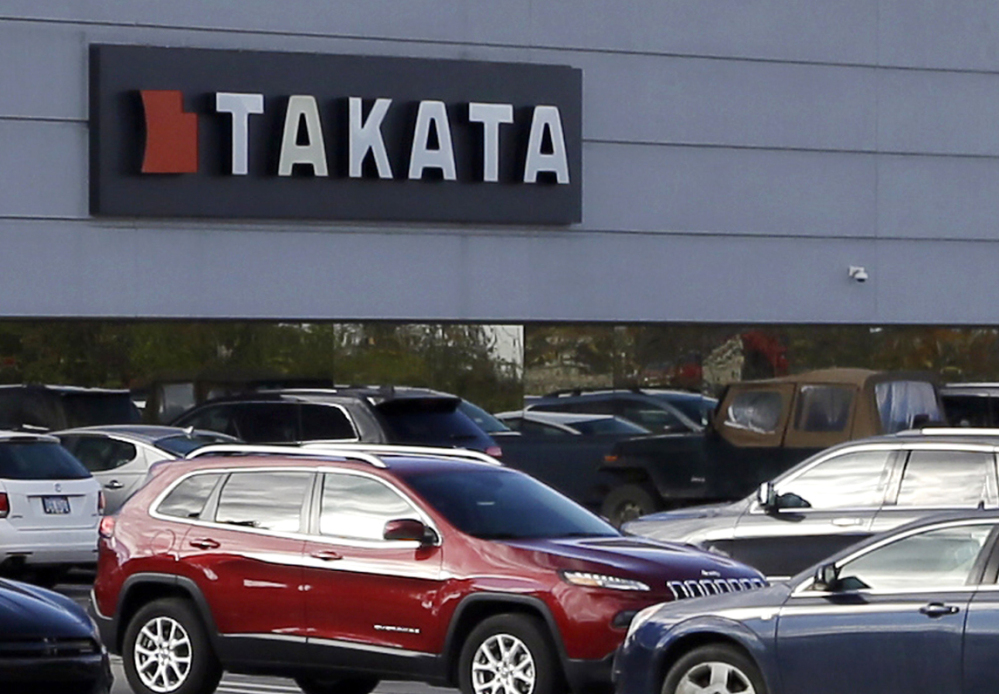The Washington Post reports that more than 60,000 Honda vehicles on the road today have defective airbags that experts have referred to as “ticking time bombs,” an airbag model regarded by safety experts as likeliest to cause serious injury or death. The owners of these vehicles are a small but stubborn subset defying what has been America’s largest safety recall ever. It was initiated in 2008, and directed at Takata Corp., the Japanese manufacturer of the airbags. These owners have ignored the recall notices or never received them; many of the vehicles are older models that probably have changed hands.
Worldwide, at least 22 people have been killed when airbags exploded and shot out shrapnel. Hundreds more motorists were seriously injured. The impacts that deployed the devices didn’t have to be major — often they were fender benders.
In a cost-cutting move, Takata used ammonium nitrate as the material to trigger the airbag inflators when a collision occurred, according to the Post. That’s the unstable compound that Timothy McVeigh used in the 1995 Oklahoma City bombing.
Other airbag manufacturers use a less volatile chemical, tetrazole. The chances of ammonium nitrate becoming problematic heighten when the material is exposed to moisture. Higher humidity or large, repeated fluctuations in temperature can cause Takata inflators to degrade, and eventually explode.
Takata declared bankruptcy last year. The Justice Department fined the company $1 billion for manipulating test data about the performance of its inflators and failing to cooperate with the government’s investigation into the airbags.
Overall, the recall has involved more than 39 million vehicles built by 19 automakers. More than 22 million of those cars have been repaired. But 62,307 people are driving Hondas equipped with the dangerous driver-side airbag models, known as Alphas. Those airbags have a 50 percent chance of exploding after impact.
A question to those motorists: What are you waiting for? A former Justice Department prosecutor involved in the recall effort has referred to the Alpha airbag as a grenade waiting to explode.
Appearing on the market in the 1980s, airbags have a proven track record of saving lives. There’s an easy way to see if your airbag is among the dangerous ones. At NHTSA’s website, www.nhtsa.gov, input your vehicle identification number (VIN), and see whether your car is subject to the recall. If it is, hustle to a dealer. Repairs are free of charge. Knowing what’s at stake for you and your loved ones, how can you put it off any longer?
Editorial by Chicago Tribune
Visit the Chicago Tribune at www.chicagotribune.com
Distributed by Tribune Content Agency, LLC.
Send questions/comments to the editors.



Success. Please wait for the page to reload. If the page does not reload within 5 seconds, please refresh the page.
Enter your email and password to access comments.
Hi, to comment on stories you must . This profile is in addition to your subscription and website login.
Already have a commenting profile? .
Invalid username/password.
Please check your email to confirm and complete your registration.
Only subscribers are eligible to post comments. Please subscribe or login first for digital access. Here’s why.
Use the form below to reset your password. When you've submitted your account email, we will send an email with a reset code.